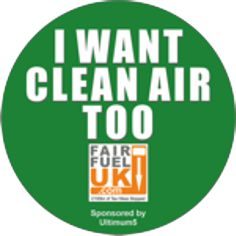London, the ‘pay to pollute’ deception
Much has been made of the London Mayor’s Ultra Low Emissions Zone (ULEZ), as a way forward to improve the capital’s air quality. However, the new tax is seen by many as unscientific and unjust. Essentially, ULEZ represents a regressive ‘pay to pollute’ methodology, with an unfairly large effect on the least wealthy, and no effect on those who can afford to pay the ULEZ tax and carry on using their vehicles. Proof London’s ULEZ may not be working to improve air quality is described in depth later in this blog. Shaun Bailey, the Tory London mayoral candidate for 2020,Read Whole Article
